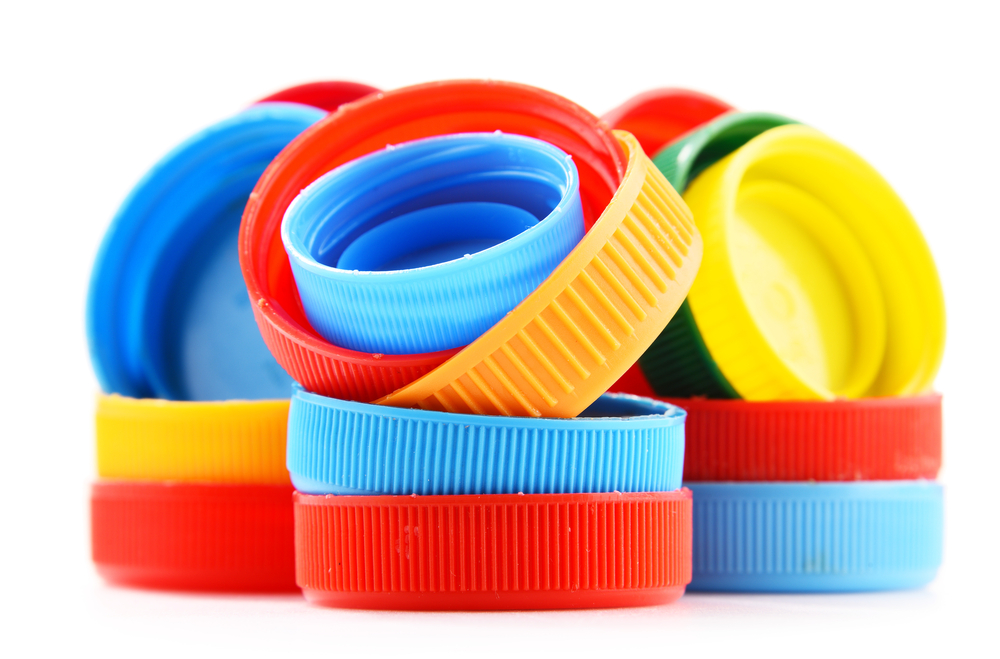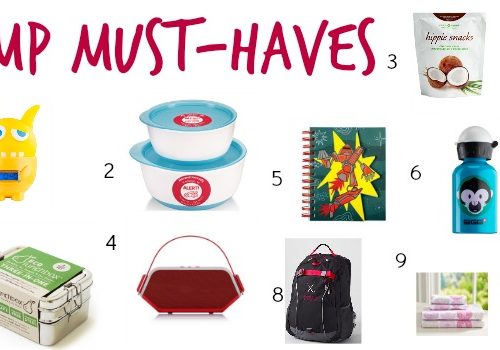Bisphenol A (BPA) has been in the news a lot these days. But is it really a health risk? According to leading scientists we should be worried.
What is BPA
Bisphenol A (BPA) is a central component in polycarbonate plastics and epoxy resins. This chemical has been used for decades in the linings of canned foods, in plastic and baby bottles, in polymers of some dental fillings and in other plastic products. Now an expert scientific panel has warned that unsafe levels of BPA, leaching into our canned foods and bottled drinks, pose a significant health hazard.
What it does
Bisphenol A is a class of chemicals known as endocrine-disruptors, mimicking the naturally occurring hormone estrogen. These chemicals can duplicate, block or exaggerate hormonal responses that control development of the brain, the reproductive system and other functions.
Why is BPA a concern
The recent scientific assessment of BPA was sponsored by the U.S. National Institute of Environment Health Sciences and published in the Summer 2007 Journal Reproductive Toxicology. The lead author of the panel, Frederick vom Saal, is a biologist at the University of Missouri and one of the world’s top authorities on BPA. The assessment was signed by 37 other leading experts on BPA.
These experts stated that BPA is capable of altering the normal functioning of genes, turning them on and off at inappropriate times. They believe exposure leads to changes in the prostate, testes, mammary glands, brain structure and behaviour of laboratory animals, and “is a great cause for concern with regards to the potential for similar adverse effects in humans”
In fact, the assessment panel warned that BPA may be linked to the contemporary increases in breast cancer, prostate cancer, Type 2 diabetes, early onset of puberty in girls, obesity, and neuro-behavioural problems such as attention deficit and hyperactivity disorders.
Manufacturers weigh in
The plastics industry as argued for years that the levels of BPA that leach into canned foods and bottled drinks are safe. Their Bisphenol website states: “BPA has been safely used in consumer products and researched and studied for over 40 years. The weight of scientific evidence clearly supports the safety of BPA and provides strong reassurances that there is no basis for human health concerns from exposure to BPA.”
Consider the source
But in 2005, Frederick vom Saal published a paper showing that 100 percent of the industry-funded studies (11 in all) found no harmful effects from BPA, while 90 percent of government-funded low-dose studies (104 in all) found harmful effects from BPA. According to vom Saal, “Among people who have actually read this [scientific] literature, there is no debate, just an illusion of controversy. This is a phenomenally potent chemical.”
Over-exposure of BPA is the issue
Part of the problem is that so many products contain BPA (everything from the lining in all our canned good, plastic bottles, CDs to auto parts and computers) that virtually everybody in developed countries has chronic exposure to the chemical. According to the recent assessment, human exposures are above the U.S. safety level, a level based on 1980s toxicity studies that considered only high-dose exposures, not chronic low-dose exposure.
An interesting test
TheEnvironmental Working Group contracted an analytical laboratory to test 97 cans purchased in three major supermarket chains throughout southern U.S. Foods tested were those most commonly consumed by women of child bearing years: soda, canned tuna, peaches, pineapples, green beans, corn, and tomato and chicken noodle soups along with canned infant formula. The lab detected BPA in fifty-seven percent of all cans.
Health agencies slow to act
In May 2007, regulators for Health Canada and Environment Canada are assessing BPA, a process that could take up to five years. The U.S. Environmental Protection Agency has asked the National Academies of Science to begin an updated assessment shortly on bisphenol A, which could take years.
Protect you and your family from BPA
In the meantime, there are steps that we can take immediately to lessen our exposure to BPA:
- Use a metal or glass water bottle
- Limit your use of canned goods or choose canned foods from makers who don’t use it, such as Eden Foods
- Learn how to cook your own foods that you typically buy in cans — like beans or chickpeas
- Choose soups, milk and soy milk packaged in cardboard “brick” cartons, by Tetra Pak and SIG Combibloc, with safer layers of aluminum and polyethylene (#2) that can also be recycled
- Use glass food storage containers instead of plastic
- Use glass baby bottles or plastic bag inserts made of polyethyelene, or switch to non-clear polypropylene bottles that are labeled #5. Don’t buy canned infant formula.
- Eat fresh foods in season to reduce your consumption of canned goods
- Buy or can your own foods in safe glass jars
- Stop using plastic wrap and plastic containers to heat food in microwaves. Ceramic and glass are better.
- Throw out any old and scratched plastic bottles or plastic containers
- Buy organic wine since many commercial wines can have up to six times the amount of BPA than canned goods
- Let your grocer store know you want BPA free cans and are boycotting those products with BPA in them.
Written by Joyce Nelson, an environmental journalist based in Toronto.




[…] when empty. And guess what else? You can freeze it, throw it in the dishwasher, and it’s BPA-free. They come in 5 colors – you may just need them all. Available at Raspberry […]